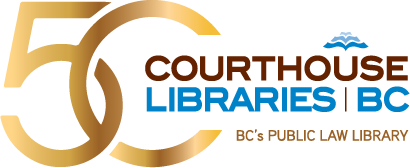A Norwich order or equitable bill of discovery is a form of pre-action discovery, the authority for which is found in the English House of Lords decision, Norwich Pharmacal Co. v. Commissioners of Customs and Excise, [1972] 2 All E.R. 943 (H.L.).
The Norwich Order is considered an exceptional remedy and allows the court to order the discovery of a person or organization who is not a party but is in some way connected to the misconduct of an unknown wrongdoer and is the only practical source of information.
For example, a wronged party may want to find out who sent an offensive communication. He knows that a certain company has information identifying the sender. He could apply for a Norwich Order compelling the company to produce documents revealing the name of the sender. He would then commence a new action, naming the now identified sender as defendant.
Norwich orders are typically sought by way of petition before litigation is started, but the court also has discretion to grant a Norwich order at any stage, even after an action has been commenced.
In BC, the test for obtaining a Norwich Order was set out in Kenney v Loewen, 1999 CanLII 6110 (BCSC)
Content reviewed November 3, 2025
- A Practical Review of the Legal Tools in the Fraud Toolbox, in Civil Fraud, CLE 2002 - On-site at Courthouse Libraries
- Getting Information from a Third Party Before Litigation, County of Carleton Law Association, 2015 CanLIIDocs 5024
- Production of Documents: Enforcing the Obligation, in Document Production, CLE 2002 - On-site at Courthouse Libraries
- No Hiding Place in Cyberspace: Electronic discovery from non-parties, in Electronic Evidence and Electronic Trials, CLE 2011
- Pleading Fraud, in Commercial Litigation 2023, CLE Online - Available on-site at Courthouse Libraries
- Norwich Pharmacal Co. v. Commissioners of Customs and Excise, [1972] 2 All E.R. 943 (H.L.).
- Kenney v Loewen, 1999 CanLII 6110 (BCSC)
